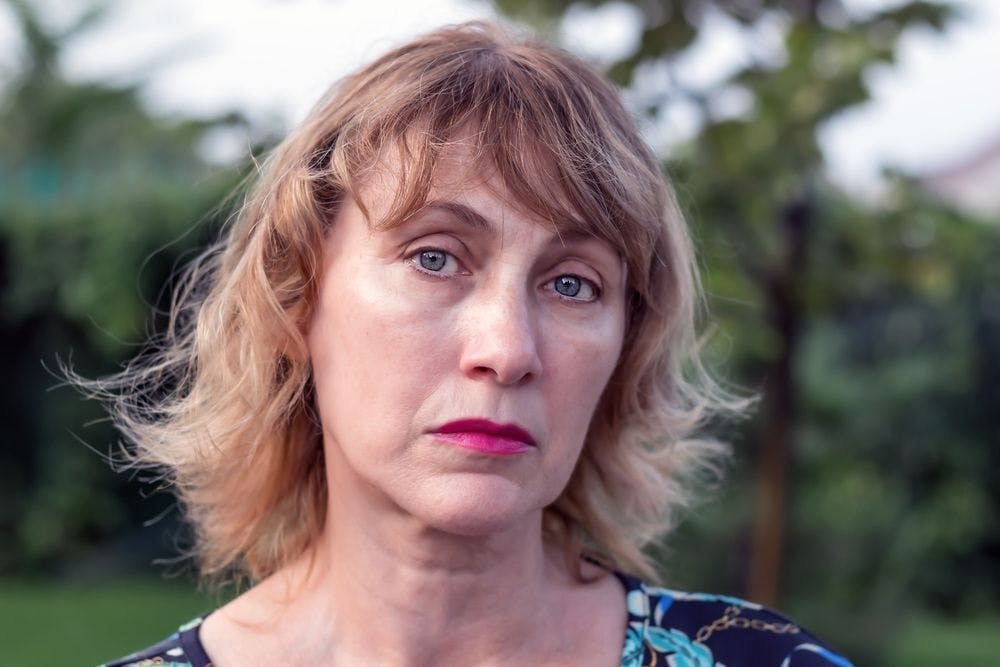
As suicide rates in menopausal women rise by 6%, what makes this group vulnerable, and what can be done to better support them?
Content warning: this article explores topics surrounding suicide and suicidal ideation
When Julie (not her real name) was 53 years old, she became seriously ill with depression, and attempted suicide. Looking back, she says that part of her wonders about the role the menopause played in her ill health, questioning whether she should have been treated with HRT or antidepressants.
Julie is not alone in her experience, many women going through the menopause report having their symptoms dismissed or misdiagnosed, resulting in them being left to cope alone. And, now, research from the Menopause Experts Group has found that suicide rates for women aged between 45 and 54 (the most common age group for perimenopause and menopause) has risen by 6% in the past 20 years.
Those in this age bracket have the highest suicide rate among all women, with 7.1 deaths per 100,000 women aged 45 to 49, and a rate of 6.9 for 50 to 54-year-olds.
What is menopause?
According to the NHS, the menopause is when a woman stops having periods and is no longer able to get pregnant naturally. Symptoms include:
- Hot flushes
- Night sweats
- Vaginal dryness and discomfort during sex
- Difficulty sleeping
- Low mood or anxiety
- Reduced sex drive (libido)
- Problems with memory and concentration
These symptoms can begin months or even years before the woman’s period stops, and last around four years after their last period, although some women experience them for much longer.
But it isn’t just the physical symptoms that can be hard to deal with – though they can be hugely disruptive and unpleasant – but also social and gendered expectations. Women at this age may find themselves under pressure to look after ageing parents and their own children at the same time. Sometimes dubbed the ‘sandwich generation’, these caring duties can come at a time in life when the pressure is already becoming a lot to bear.
“Menopause affects every woman differently but, for many, it can bring unpleasant physical, emotional and psychological symptoms that can be challenging to deal with,” says Dee Murray, founder and CEO of the Menopause Experts Group.
“Mental health issues like depression, anxiety, and stress are hard to deal with, and many women will not know that they can commonly be caused by menopause. We cannot ignore what is happening or let these women suffer.
“Women who are not aware they are going through menopause can be caught off guard by feelings of worthlessness, confusion and a complete lack of confidence.
“As well as those in the medical profession, psychologists, psychotherapists and counsellors need to be trained in the basic knowledge of menopause so they can identify the root causes in patients they treat.
“Women going through menopause need support from friends, family and colleagues, and we would recommend that everyone takes our free training so they are ready for whatever perimenopause and menopause throw at them.
“Many women in their 60s are happier post-menopause as the body and brain adjust to new hormone levels. This clearly has an impact on their psychology and may partly explain why suicide rates drop off later in life.
“If you are struggling to cope, please call Samaritans or other sources of support, which can be found on the NHS’s help for suicidal thoughts webpage.”
If you are struggling with symptoms of the menopause, speak to your GP.
Need support from a mental health professional? Connect with a counsellor using counselling-directory.org.uk

